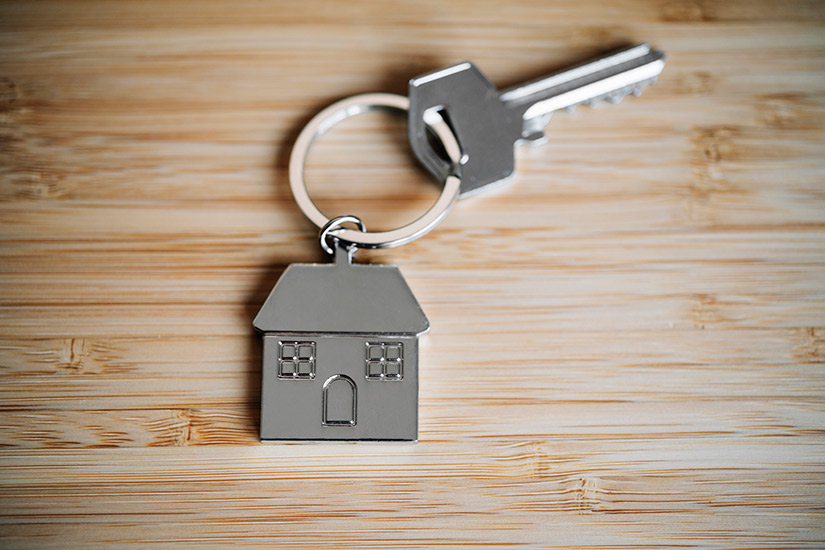Your second choice may be your best bet. If you’ve been looking for a few months and can’t find “the one,” adjust your expectations. Ask yourself what features are must-haves and what you’re willing to give up. Perhaps you move farther out of town so you can have a backyard. Or, if you need that second bedroom because of bae’s snoring, look for a unit in an older building that has fewer amenities. Remember: If the place you’re thinking of buying doesn’t look like it has been featured in Architectural Digest, that’s a good thing. “Everybody rushes to the nicest three houses,” says John Pasalis, president of Toronto’s Realosophy. “Your agent needs to be strategic because those houses will probably get 20 offers.” You’ll have better luck—and likely get a better deal—nabbing a place that’s not perfect.
Prepare for emotional highs and lows you haven’t felt since listening to Fiona Apple in ’97. Try not to let the panic-inducing open-house crowds, bidding wars or headlines influence a purchase. It can lead to a bad decision: “Did I jut buy a $600,000 condo I’m not sure I like?” It can also ruin the hunt for the rest of us because it inflates prices and creates artificial demand. See the Toronto bubble in spring 2017. “All these buyers were rushing into the market because they felt like they were never going to afford something,” says Pasalis. “Sometimes you need to hit ‘pause’.”
Real estate in Canada will almost always be a good long-term investment. Toronto luxury-real-estate agent Andrea Hanak attributes this to the scarcity of land in our urban centres and a growing population. “We may see mini-bubbles burst and things that sound sensations,” she says. “But unless there’s an external factor like a world war or a major crumble in a world market, I don’t see prices returning to pre-2000 levels.”
Renting is not the enemy. Yes, the best-case scenario is to buy a home so you can eventually be mortgage-free and have equity. But over-leveraging yourself can lead to a debt spiral because of all the upkeep and unexpected costs that come with owning a house. If you decide to rent, remember this: Aim to spend no more than 40 percent of your net income.
This article originally appeared in the October 2017 issue of ELLE Canada.
READ MORE:
Taking on Vancouver’s real estate market… and losing
Money things you should know before buying a house







